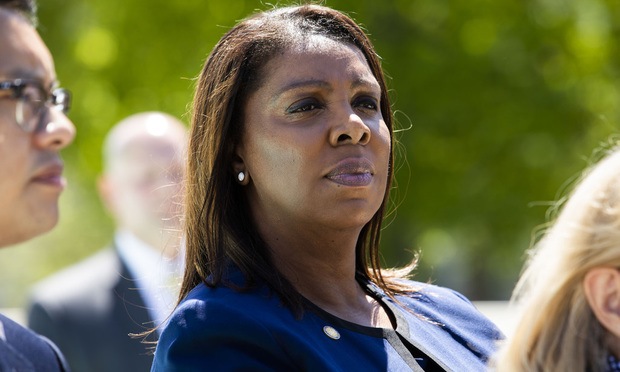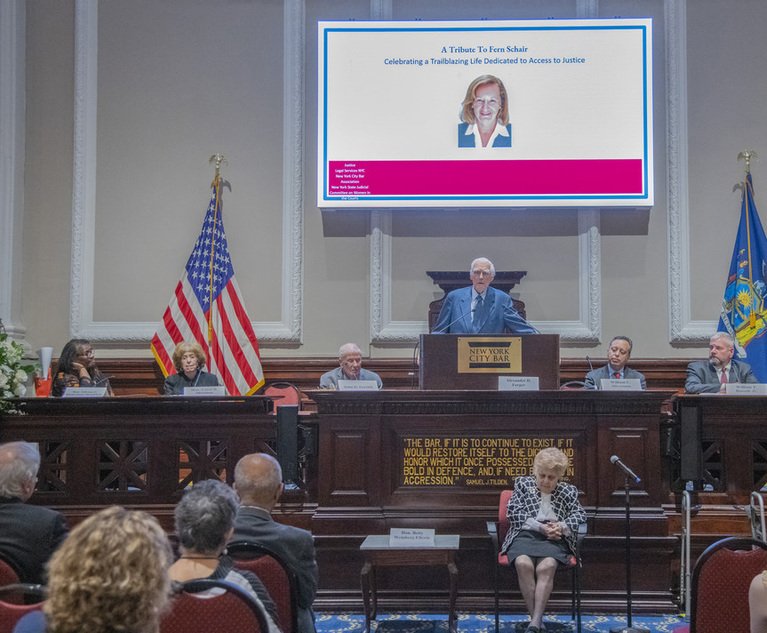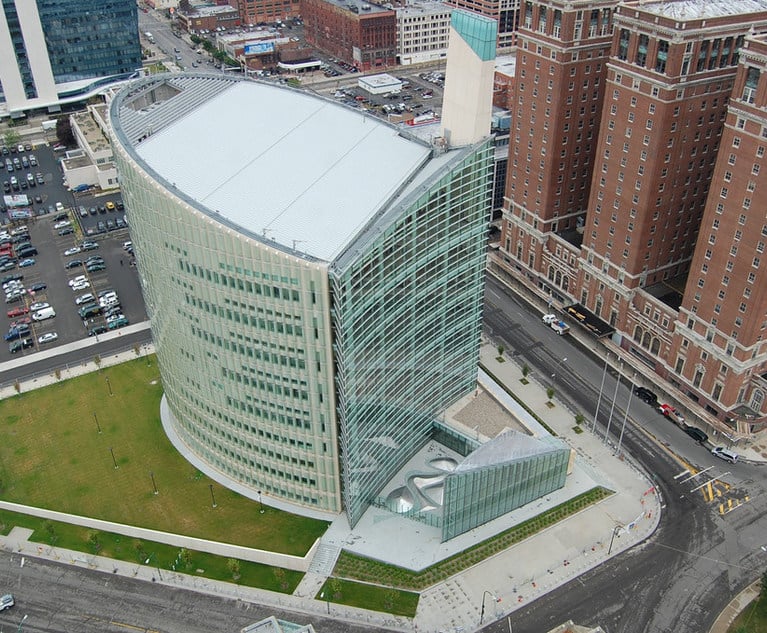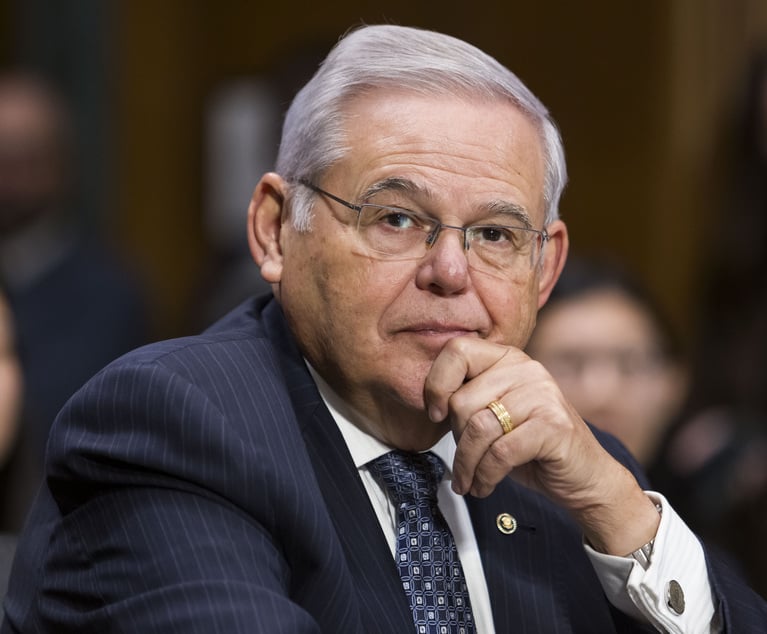Less than three weeks after the U.S. Department of Health and Human Services enacted a rule allowing companies and individuals to deny health care coverage based on religious and ethics beliefs, New York Attorney General Letitia James took the lead in a lawsuit by 23 cities and states to have the courts render the “Final Conscience Rule” null and void.
New York, Connecticut, Delaware, Pennsylvania and New Jersey are among the plaintiffs.

 New York State Attorney General Letitia James in April. Photo by Diego M. Radzinschi/ALM
New York State Attorney General Letitia James in April. Photo by Diego M. Radzinschi/ALM








